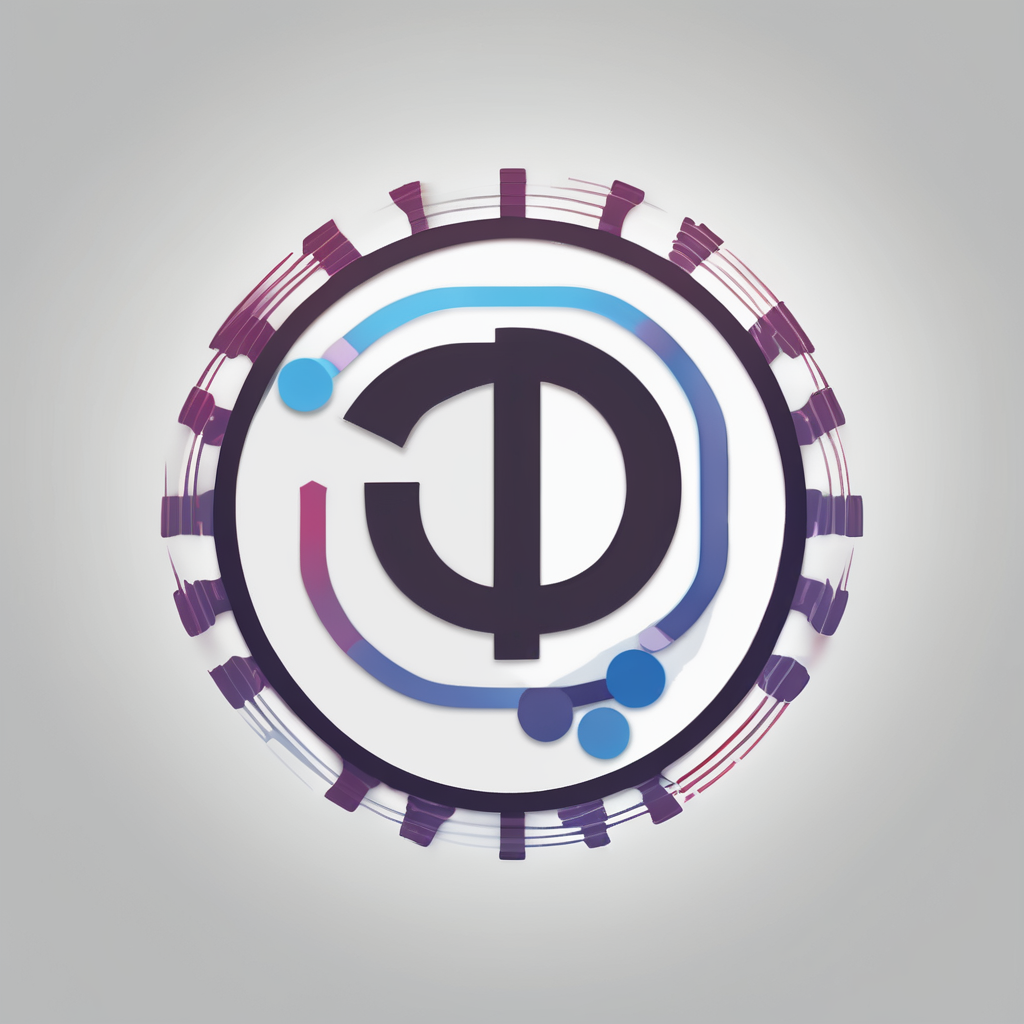Overview of Blockchain Technology in Gaming
In recent years, blockchain technology has become an integral part of the gaming industry, primarily due to its ability to enhance online game integrity and foster transparency in multiplayer environments. At its core, blockchain is a decentralized digital ledger that ensures security and immutability, making it a suitable choice for tackling the increasing demands of the gaming sector.
Blockchain gaming solutions aim to address the prevalent issues of cheating and fraudulent activities. By recording every action on an indelible ledger, these solutions ensure that every game participant operates within the same set of rules. In doing so, they significantly enhance multiplayer transparency, allowing players and developers alike to trust the fairness of competitive play.
Also to discover : Enhancing sports video games: creating realistic crowd reactions with ai innovation
Moreover, blockchain’s role in anti-cheat solutions cannot be understated. It provides a dependable method for verifying player actions, thereby reducing the likelihood of exploiting game mechanics. This shift not only elevates game integrity but also reassures players, fostering a more competitive and engaging gaming environment.
Embracing blockchain in gaming reflects a broader trend towards creating fairer and more accountable digital spaces, addressing long-standing concerns within the industry, and heralding a new era of digital entertainment.
Additional reading : Essential Factors for Crafting Authentic NPC Behaviors in Sandbox Games
Innovative Blockchain Solutions for Cheating Prevention
In the ever-evolving world of multiplayer games, cheating remains a persistent issue, disrupting fair play and degrading player experiences. Traditional methods like anti-cheat software often fall short, but innovative blockchain applications are stepping up as solid contenders in cheating prevention technology.
Smart contracts, integral to blockchain’s architecture, are proving instrumental in maintaining fair play. By enforcing rules transparently and automatically, they reduce the scope for dishonesty. Smart contracts can impose measures like validating in-game achievements only when certain criteria have been met, ensuring that all players abide by the established game protocols.
Moreover, blockchain technology enables the creation of secure gaming environments through verification systems. These systems verify the authenticity of player actions, reducing hacking opportunities. For instance, a blockchain-based game might log every player action in an immutable ledger, making it difficult for cheaters to alter records to their advantage.
Some gaming platforms are already harnessing these ideas. For example, blockchain-based verification systems are being trialed in multiplayer settings to ensure all players follow the same rules, fostering fair competition. This transformational approach not only mitigates cheating but also enhances player trust and satisfaction in the online gaming world.
Case Studies of Successful Implementations
Blockchain technology has woven itself into the very fabric of modern gaming, showcasing its versatility across diverse applications. Below are blockchain case studies highlighting its effectiveness in gaming, providing successful gaming integration and anti-cheat examples.
Blockchain in Action: Case Study 1
The influence of blockchain in gaming is vast, as demonstrated by the game “CryptoKitties.” It has pioneered successful gaming integration by allowing players to own, trade, and breed virtual cats using blockchain. This decentralized approach gives users true ownership and control, resulting in heightened user engagement and satisfaction.
Blockchain in Action: Case Study 2
Another sterling example is Enjin’s initiative, which integrates blockchain to manage in-game assets across various games seamlessly. With blockchain, Enjin offers a unique perspective on asset interoperability, going beyond traditional gaming barriers and fostering a more connected gaming experience.
Lessons Learned from Implementations
Implementing blockchain in gaming has led to numerous insights. Findings from notable games emphasize its potential to enhance user engagement through secure and transparent asset management. However, user feedback and engagement statistics also underline the challenges related to the scalability of such solutions. As developers continue to explore and innovate, insights on scalability and adaptability of blockchain solutions remain crucial for future growth and success.
Technical Frameworks for Developers
Blockchain technology is transforming the gaming industry by introducing unique opportunities for developers. Those aspiring to become a blockchain developer should consider key platforms like Ethereum, Binance Smart Chain, and Polygon, which are well-suited for game development. These blockchain platforms provide robust infrastructure allowing for secure transactions and efficient gameplay.
To establish an effective technical setup, developers must focus on prerequisites such as a development environment that supports smart contract deployment. Common tools like Truffle or Remix IDE can greatly facilitate this process. Gaining proficiency in languages like Solidity is also essential since it’s extensively used for writing smart contracts on Ethereum.
Developers should not overlook integration methods when incorporating blockchain into existing games. A crucial strategy here involves interoperability—the ability for the blockchain network to seamlessly exchange information with external systems. This can often be achieved through RESTful APIs or dedicated blockchain middleware.
Scalability is another pressing consideration, especially for games with large user bases. Understanding layer 2 solutions like sidechains can help mitigate transaction bottlenecks.
In summary, familiarizing oneself with suitable technical frameworks and methodologies significantly enhances a blockchain developer’s effectiveness in the gaming sector.
Benefits of Blockchain for Game Developers
Blockchain technology offers numerous advantages for game developers, fundamentally transforming the gaming ecosystem by promoting trust and transparency. At its core, blockchain ensures the decentralization of gaming platforms, which enhances player trust significantly. By eliminating intermediaries, players can verify the authenticity of transactions and game events, fostering a secure gaming environment.
One notable benefit is the financial incentives that blockchain provides. For developers, this means new revenue streams through in-game assets and tokens that hold real-world value. Players, on the other hand, can earn rewards and trade virtual goods in a transparent marketplace, motivating long-term engagement and fostering a thriving community.
The implications of blockchain extend beyond immediate financial gains. Developers can leverage blockchain to ensure the sustainability of their games, providing ongoing updates and content without the fear of central control or manipulation. This ongoing development keeps players engaged, addressing concerns around player retention.
In summary, the advantages of blockchain gaming include building trust and offering financial rewards, paving the way for sustainable gaming experiences. By adopting blockchain, developers can ensure their games remain innovative, engaging, and secure for both current and future players.
Expert Opinions on Blockchain and Gaming
Navigating the future of blockchain technology within the gaming industry involves understanding the perspectives of key industry leaders. These expert insights reveal an intriguing landscape where blockchain promises to enhance transparency and create novel gaming experiences. Leaders suggest that blockchain could significantly change in-game economies, fostering trust through provable digital scarcity and ownership.
According to industry opinions, current blockchain gaming trends point towards a fusion of gaming with decentralized finance (DeFi). This hybrid model could revolutionize how players interact with games, offering real-world value for in-game achievements. The potential for such a shift invites not just innovation but also strategic caution from developers, as they must balance technological advancements with user-centric experiences.
Predictions from experts highlight a promising synergetic future where blockchain is integral to gaming. As blockchain adoption increases, developers are encouraged to stay informed about evolving standards and user demands. Recommendations for those looking to integrate blockchain into their games include starting with small-scale implementations, focusing on user-friendly interfaces, and ensuring robust security measures. Embracing these strategies could position developers at the forefront of a rapidly evolving market.











